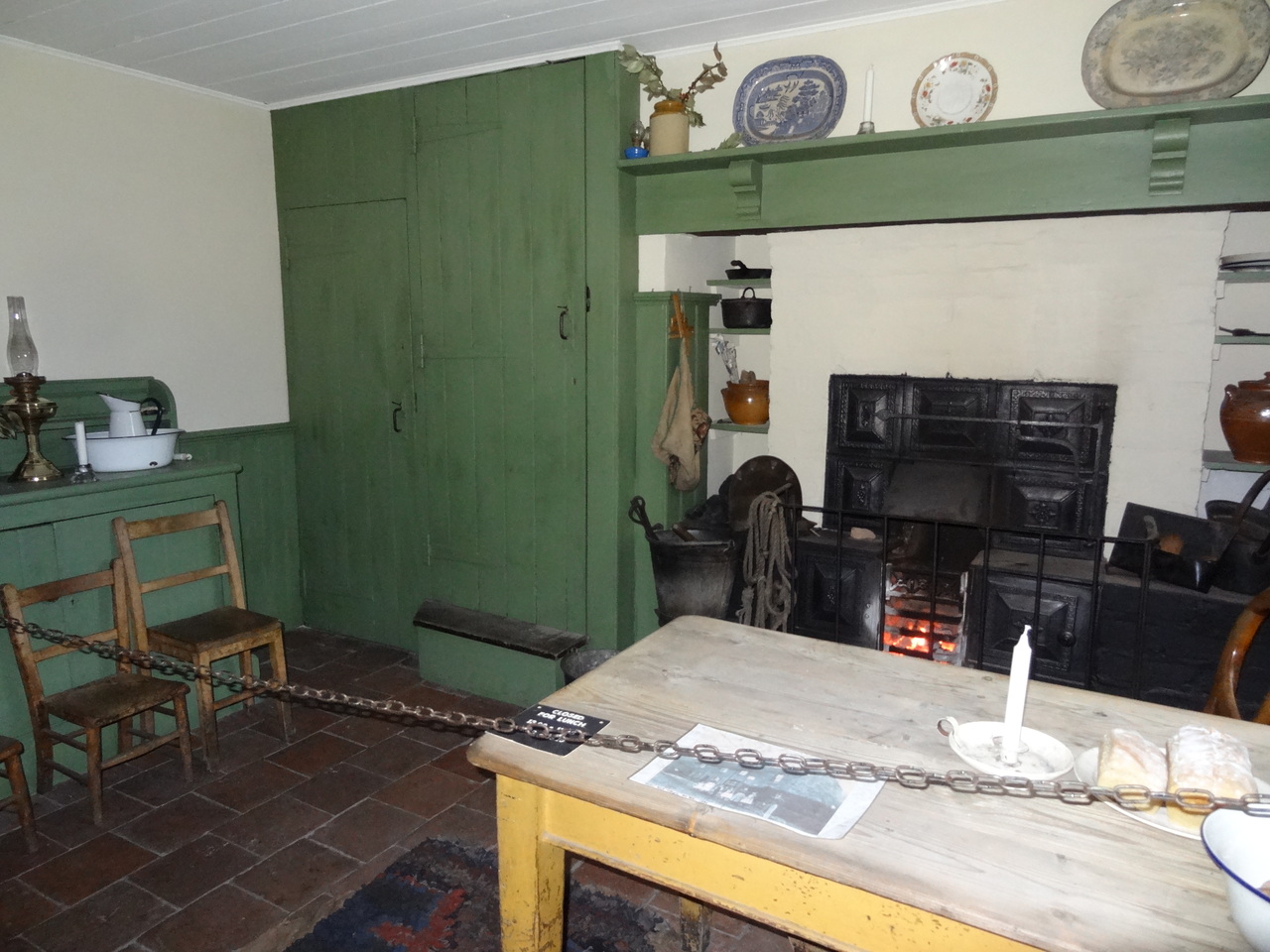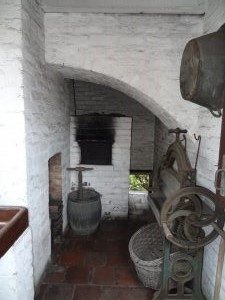
THE BLACK COUNTRY
The Black Country was the first large geographic area in the world given over to large-scale and heavy industry. Once known as the ‘workshop of the world’ it is the setting for Black Hearts And Blue Devils. As followers already know, our story takes place in the late 1880s, arguably when the Black Country was in its heyday; also the British Empire of course.
Many people will know that Abraham Darby (1677-1717) is known as the ‘father of the industrial revolution’, and is famous, in the words of Wikipedia because he “developed a method of producing pig iron in a blast furnace fuelled by coke rather than charcoal. This was a major step forward in the production of iron as a raw material for the Industrial Revolution.” The well-known location for his ‘pioneering’ blast furnace is in Coalbrookdale, Telford: well outside any accepted parameters for the Black Country.
However, Black Country folk might argue with accolade bestowed upon him. True, he was born in Wren’s Nest which definitely is in the Black Country and not far from the action in our story but that’s hardly the point. The point is, smelting with coke to produce pig iron had been going on for decades before Darby, in the Black Country. Here, I would like to introduce the real hero of this tale: Dud Dudley (1600? – 1684) was the illegitimate, but well-loved, son of Edward Sutton, 3rd. Baron Dudley (of Dudley Castle fame). Raised at Himley Hall near Dudley (great place to visit by the way) he left Balliol College Oxford at the age of 20 armed with and education and some bright ideas. His father being an ironmaster as well as a landowner, Dud naturally applied his, undoubtedly considerable, talents to improving iron production. During his early life there were thousands of forges locally which were in decline because they depended on charcoal to feed the fires. That commodity was getting to be in short supply and there was national concern about the state of the country’s forests and woodlands. It was Dud who came up with the idea to smelt with coke, and in fact through his father he obtained a patent for the process on 22nd. February 1622. Those of you who are good with figures will of course realise immediately that this was fifty-odd years before Darby had been born! And Dud’s operation was no flash in the pan: after his first furnace in Pensnett there were others, starting with Cradley and including Himley and Gornal. As an interesting footnote, it’s worth knowing that Abraham Darby was related to Dud Dudley, in that Darby’s great grandmother was also the illegitimate child of the 5th. Baron Dudley (making him Dud’s great grand-nephew). So you see, it’s Dud who should have got all the plaudits, but it seems that established commercial interest at the time were not ready for change.
Of course, Black Hearts And Blue Devils is set long after both Dud and Darby had gone – but that 1880s world was still dominated by coal and iron. I have included some shots I took at the Black Country Museum when doing my research to give readers a feel for the everyday world of the novel (if you are reading my blog on the web-page, unfortunately I am limited to just two photos). Many scenes in the book will hopefully be brought to mind by the images.
One final thought before I go. We are accustomed to think of those dark and dirty industrial days as something horrid, enslaving the humans trapped by it. Indeed I make much of this perspective in the book. However, let’s not forget that the people working in these industries, at least at first, were willing participants, looking in fact to better their lot in life. Because it was an seen as an opportunity by those living as virtual serfs in mind-numbing servitude in the countryside; and it ushered in the modern consumer lifestyle which we take for granted today. The Industrial Revolution actually brought commodity prices down. Vive La Revolution!

Post Views : 508